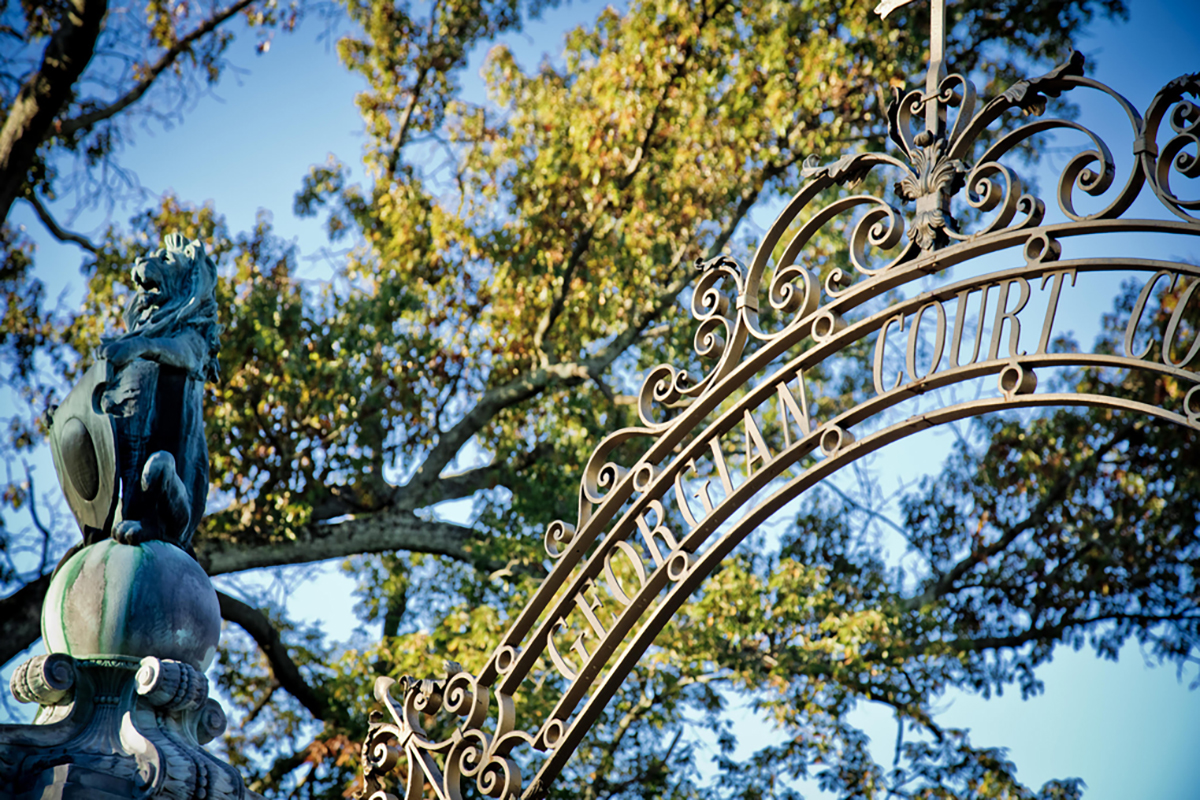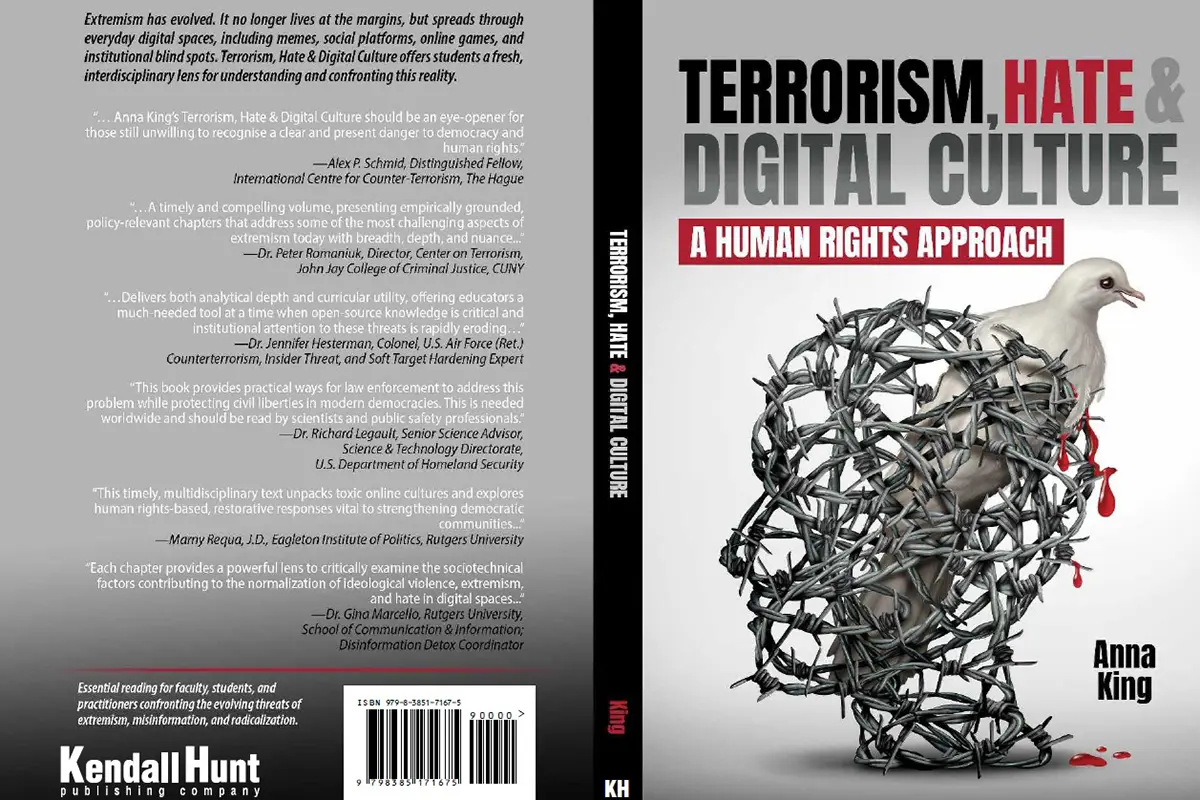GCU is one of five New Jersey colleges or universities to receive the recognition each year since 2018.
Georgian Court University (GCU) has earned a spot on Phi Theta Kappa’s 2024 Transfer Honor Roll, highlighting it as one of the most transfer-friendly institutions in the U.S. GCU is one of only five New Jersey colleges or universities to receive the prestigious recognition each year since 2018.
The Transfer Honor Roll celebrates excellence in developing and supporting innovative pathways for community college students who transfer to four-year universities. This year, Phi Theta Kappa recognized 228 colleges and universities nationwide.
“Georgian Court is home to hundreds of transfer students who sought an affordable, holistic college experience. In fact, over 40% of new students at GCU are transfer students,” said Daniel Gallen, Senior Assistant Director for Transfer Recruitment. “We pride ourselves on being accessible to transfer students, so it’s an honor to be recognized by Phi Theta Kappa for being transfer-friendly.”
The criteria for the Transfer Honor Roll include 40 key factors related to the support and success of transfer students, including college cost and financial aid, campus life for transfer, admission practices, and bachelor’s degree completion.
“The Transfer Honor Roll Program identifies colleges and universities that understand the unique needs of community college transfer students and applauds the dynamic pathways these colleges have created to continue fostering student success at the four-year college,” said Dr. Lynn Tincher-Ladner, President and CEO of Phi Theta Kappa.
Georgian Court has been listed on the honor roll annually since 2018. Those interested in transferring to Georgian Court can reach Daniel Gallen, Senior Assistant Director for Transfer Recruitment, at dgallen@georgian.edu or 732-987-2768, or visit georgian.edu/admissions/transfer for more information.
Phi Theta Kappa is the premier honor society that recognizes students’ academic achievement at associate degree-granting colleges and helps them grow as scholars and leaders. The Society comprises over 3.8 million members and nearly 1,300 chapters in 10 countries, with approximately 240,000 active members in the nation’s colleges.







